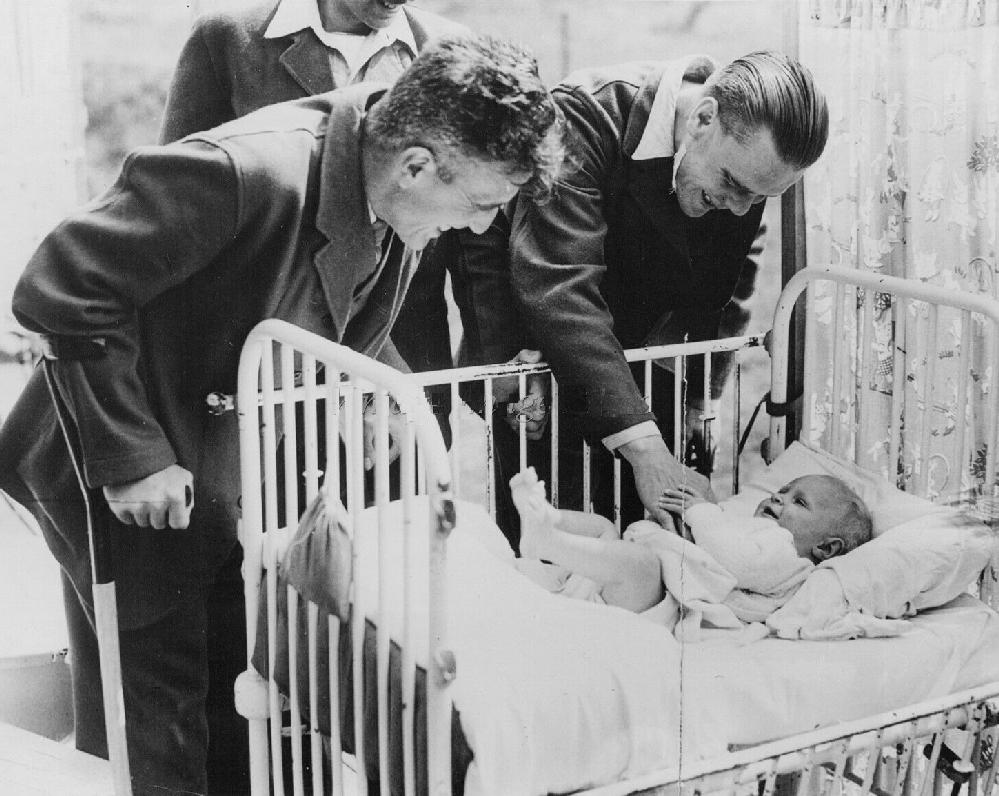"Hitler's headquarters orderedb ObdL on 14 April to give the air war against England 'a more aggressivevstamp', adding, 'what targets are being selected, preference is to be given to those where attacks are likely to have the greatest possible effect on civilian life'."
-- E.R. Hooton, Eagles in Flames
The Luftwaffe was streached to the limit with operations in the Soviet Union, North Africa, Norway and over the Reich cities. Hitler ordered, however, that the Luftwaffe must strike back against the British. The result was the Baedeker Raids. They were a series of Luftwaffe air attacks on Briitish cities. The targets of the raids were chosen for their cultural or historical significance, rather than for any actual war industries. Both the Germans and British used the term. This was because German diplomat Baron Gustav Braun von Stumm, a spokesman for the German Foreign Ministry, following Hitler's lead after learning about the devestating British raid in Rostock, made a statement, "We shall go out and bomb every building in Britain marked with three stars in the Baedeker Guide" (April 24, 1942). This was not, however, what Goebbels in the Propaganda Ministry wanted to hear. With Germany losing its capability of terror bombing, he had been pursuing the line that Germany stood for Europen culture and that the British were fighting a dirty war, killing women and children and destruying cultural treasures. Of coursevyou did not her that at the beginning of the War when the Germans were stragunging terrir raidss on importat European cities. Stumm's remarks indicated that Germany was bontinuing to do just that. doing just that. The Baedeker Raids, involved a relatively small bomber force, began (April 1942). The Germans hit Bath, Canterbury, Exeter, Norwhich, and York (April-May 1942). Smaller raids followed, continuing into 1943 with diminishing force. The raids were smaller because of planes lost. The cities were hit and there was damage. The Luftwaffe managed to destoy some landmaks such as the cathedral town of Exeter (April 24) and the Regency town of Bath. This included the Assessmby Rooms in Bath. Many homes were destroyed (April 25-27). Next the Luftwaffe hit the cathedral city of Norwich (April 27-29). The Luftwaffe staged a small raid on Canterbury (May 31). There was another small attack on York (October 31) in reprisal for the RAF raids on Cologne and Mainz. This was the final reprisal raid. The depleted Luftwaffe was no longer capable of mounting further raids. Hitler was unable to strike again at Britain until the V-1 campaign following D-Day (June 1944). Given the limited forces available to the Luftwaffe, these raids had no appreciable impact on the War. The strenth of Hitler's desire for revenge is demonsrated by his willingness to use increasinglun scarce military resources for no real benefit. Hitler, Göring, and Goebbes could not appreciate at the time how feeble the effort was in comparison to what the Allies were marsaalling against the Reich. Not only were the British Bomber Command building a massive force of heavy bombers, but the American 8th Air Force was beginning to build up its forces in Britain. Shortly after the main Baeddeker raids, Bomber Command staged the first Thouand Bomber raid of the War -- devestataging Cologne. By this time Hitler was becoming a rare voice on Germany radio.
Sources
Hooton, E.R. Eagles in Flames.
HBC

Navigate the Boys' Historical Clothing Web Site:
[Return to Main German Air Power in the West page]
[Return to Main Luftwaffe terror raids]
[Return to Main British 1942 bombing campaign page]
[Return to Main World War II European air campaign page]
[Biographies]
[Campaigns]
[Children]
[Countries]
[Deciding factors]
[Diplomacy]
[Geo-political crisis]
[Economics]
[Home front]
[Intelligence]
[POWs]
[Resistance]
[Race]
[Refugees]
[Technology]
[Totalitarian powers]
[Bibliographies]
[Contributions]
[FAQs]
[Images]
[Links]
[Registration]
[Tools]
[Return to Main World War II page]
[Return to Main war essay page]
[Return to CIH Home page]
Created: 3:07 PM 9/8/2021
Last updated: 7:18 AM 2/24/2024



